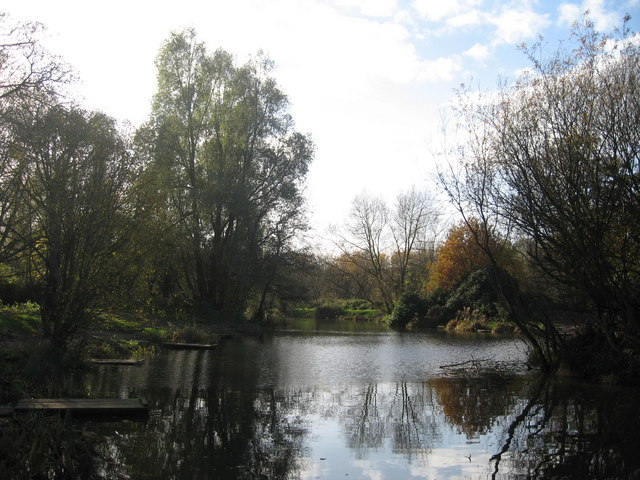
Locals have been urged to protest against plans to sell off part of Knowsley’s greenbelt land.
Last month, Labour-run Knowsley Council voted unanimously in favour of releasing around 1,000 acres of land after having its protected status lifted as part of its Local Plan, but a Liberal Democrat representative in Prescot is leading the campaign against the decision.
The vote means private landowners are allowed to sell on to potential residential developers, but Councillor Carl Cashman is against the scheme and fears the affects the development could have on the landscape and the image of small towns in the borough.
He told JMU Journalism: “I believe the loss of land is more devastating from a Whiston point of view, simply because there is so much land being released from greenbelt protection. Residents use the green areas to walk their dogs and take their kids.
“From a Prescot perspective, building on land that makes the town distinct and separates Prescot from other areas could lead to the town losing its historic identity and Knowsley seeming to be just one big council estate.”
Knowsley Council says it is confident the changes will boost the local economy and commercial aspects of the area.
Councillor Mike Murphy, of Knowsley Council said: “This is a major opportunity for the council and our communities as the plan will facilitate transformational change across Knowsley through new housing development, new employment opportunities and new and improved retail developments.”
However, campaigners against the move say the addition of new housing will put more pressure on an already struggling education and health infrastructure.
Mr Cashman, who’s been on Prescot council since 2013, is confident the decision can be overruled.
The 27-year-old said: “A big change in the make-up of the council in this May’s local elections will be the start of a different kind of politics in Knowsley and a more healthy democracy. After the outrageous decision to release the greenbelt, residents are more passionate than ever about change in their area.”
Campaigners are hoping growing public support may lead to a referendum on the subject.
